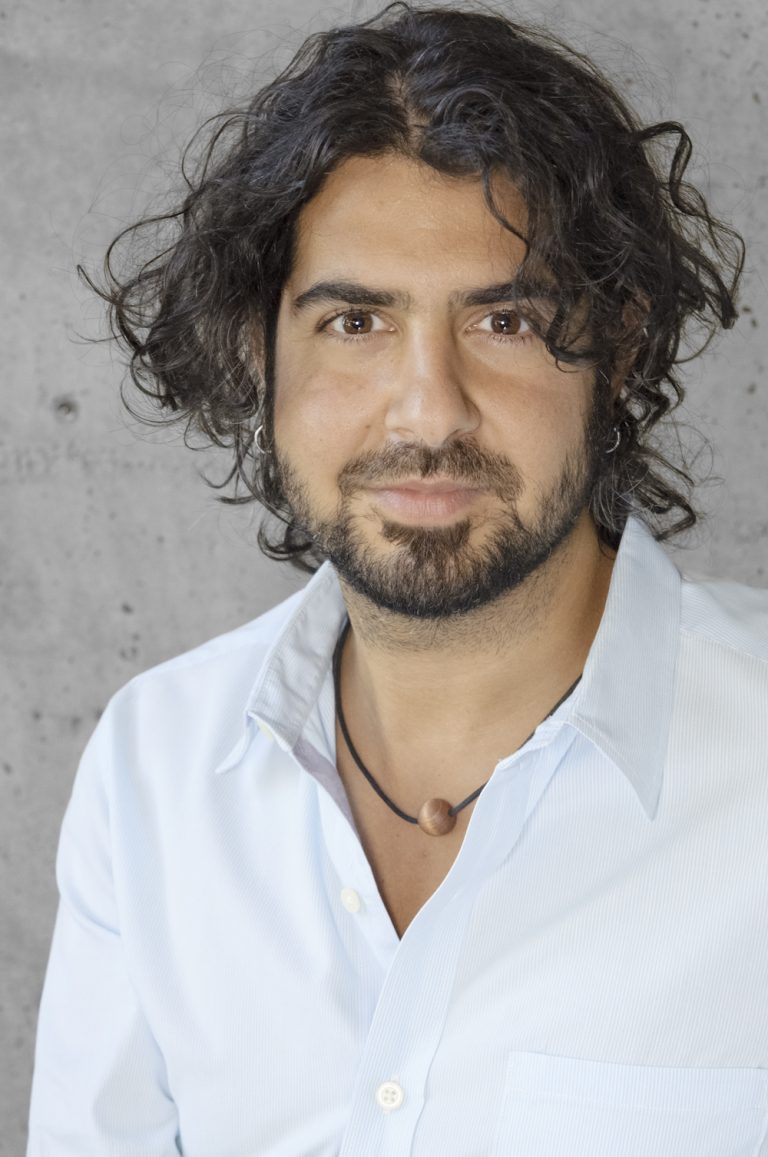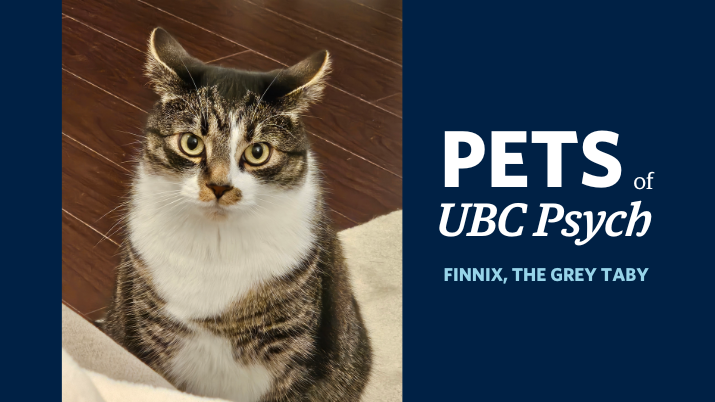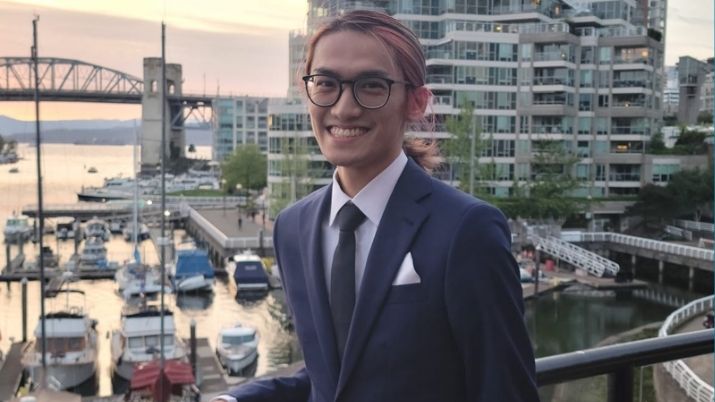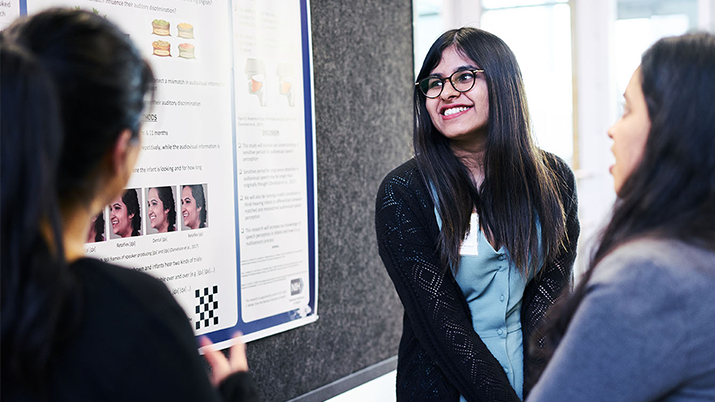

Azim Shariff
New faculty member Dr. Azim Shariff joins the psychology department as associate professor in the social/personality area. Dr. Shariff received his PhD from UBC and returns to Vancouver from the University of California, Irvine, where he was associate professor of psychology and social behaviour.
A globally recognized researcher, Dr. Shariff is the Canada 150 Research Chair in Moral Psychology. His research focuses on where morality intersects with religion, cultural attitudes and economics. Another rapidly expanding part of his research looks at human-technology interactions and the ethics of automation, including self-driving cars.
In a Q&A, Dr. Shariff shares his research, what sparked his interest in studying moral psychology, and what he does when he’s not in the lab.
First of all, can you tell us a little about yourself?
I am a native of Vancouver. I grew up here and did my PhD in the UBC psychology department. So taking a faculty position here after spending 8 years in the US (first at the University of Oregon and then at the University of California) is quite the homecoming. I also have the rare distinction of getting tenure three years in a row at three different institutions.
What kinds of questions do you try to answer through your research? Can you give us an example of this in our daily lives?
As a moral psychologist, I am interested in how people decide what is right and wrong and where those decisions came from. As an applied moral psychologist, I am interested in how these insights we’ve gathered in moral psychology can inform the important societal challenges we face—be they the role of religion in society or the technological and economic changes we are rapidly hurtling towards. So, one specific set of questions: how can our understanding of the fundamental cultural and evolutionary pressures for cooperation between people teach us about the forms and functions of modern day religions? In a less esoteric domain, how do people’s moral attitudes shape the kinds of self-driving cars they will be willing to buy? Or the types of economic policies they are willing to endorse?
How did you become interested in this line of research?
I’ve been interested in the evolution of morality—from a theoretical standpoint—since I was an undergrad. Applying those interests to studying the impact of religion on moral behavior was inspired in part by the steering of my former graduate supervisor, now colleague, Ara Norenzayan. Since then I’ve seen that moral psychology can inform many of the most pressing global issues that concern me such as climate change, economic inequality and immobility, and the cultural changes that are accompanying emerging technologies.
Can you tell us about any new research that you are particularly excited about?
With some of my colleagues at UC Irvine, my prior institution, we’re working on questions about how people moralize work. It’s in the beginning stages, but I think it’s an important topic. I hear a lot people raising serious questions about how to deal with a potentially substantial labor displacement as we head further into the age of automation. Most of the solutions they propose (like a universal basic income) deal with the critical material side of the issue—how do we secure an economic livelihood for those who can’t find gainful employment. But there is likely to be a very serious psychological component to the issue; how are people going to perceive others—or themselves—if they are not working? Increasingly, I’m concerned about how the moral psychologies we evolved in our ancient past are going to manifest during the rapid changes promised by the near future.
What do you like to do in your free time?
Vancouverites are intimidatingly intense about their leisure time, with their scheduling a quick Grouse Grind in between stand-up paddling and handstand class. I’m going to have to ease myself back into that lifestyle. When I was in graduate school here, one of my favourite things was playing on an ultimate frisbee team on the Vancouver Ultimate League. Maybe that team still exists.


